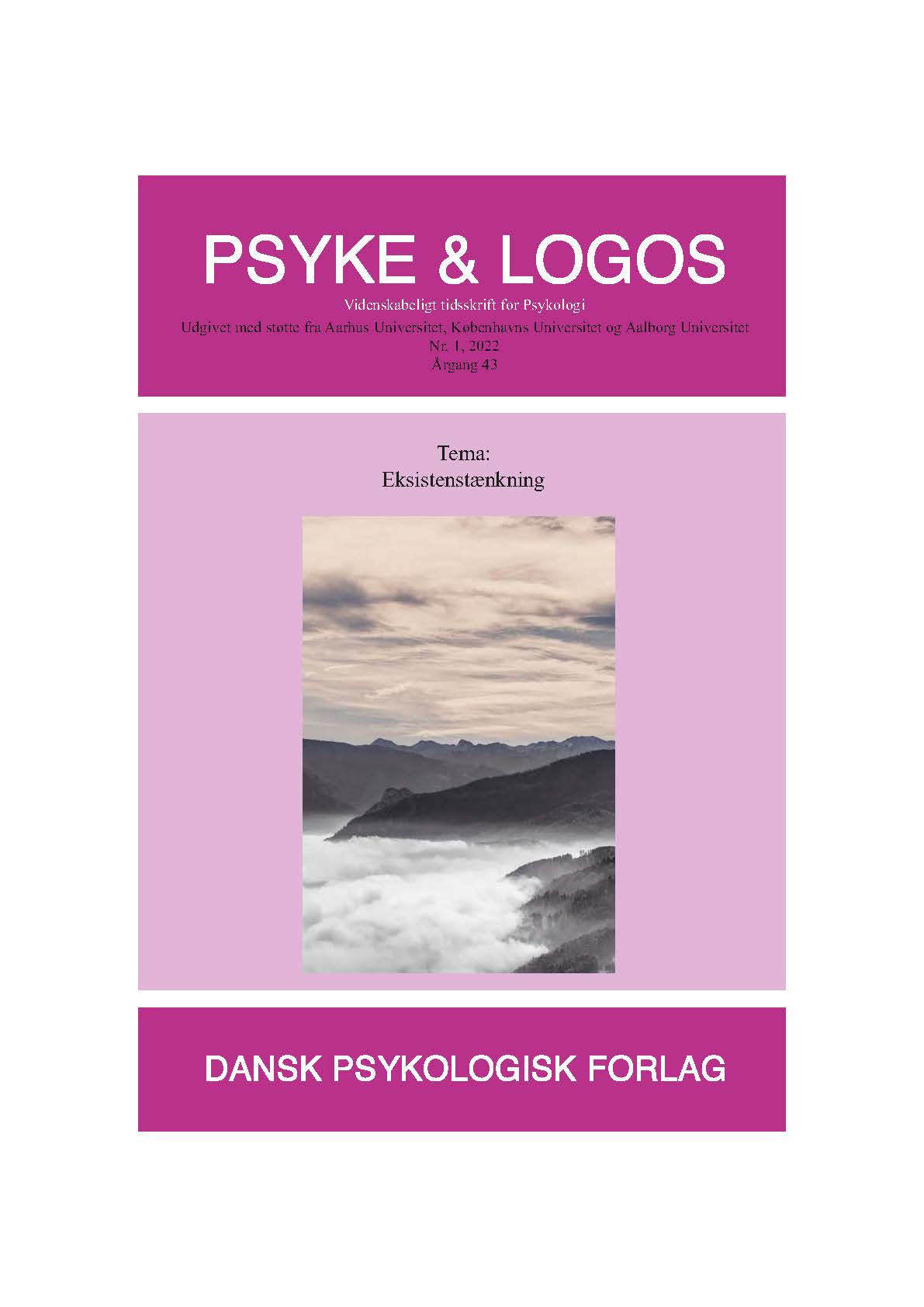Guilt and Existence
Guilt as an ethical-existential boundary experience
DOI:
https://doi.org/10.7146/pl.v43i1.133887Keywords:
existence, ethics, freedom, ontology, late modernity, guiltAbstract
Sartre famously claimed that man is “condemned to be free”. In the existentialist
tradition and discourse, freedom – and the anxiety that accompanies it
– is often perceived as the central ontological characteristic. However,
through the phenomenon of guilt, the purpose of this article is to challenge
the primacy of freedom in the existential discourse by demonstrating its
ethical-existential boundaries. Using fictional material from Fyodor Dostoevsky’s
authorship, as well as qualitative interviews from an ongoing research
project dealing with young people’s experiences of bad conscience, I
argue that prior to man’s reflexive and autonomous relationship with himself,
a pre-reflexive bondedness exists of which the individual is not in sovereign
control. On this basis, guilt is determined as an ontological characteristic
that refers to fundamental boundaries (basic conditions) in the form of
the Other, finitude, but also freedom. These boundaries, I argue, cannot be
isolated from man’s ethical-existential life but form the basis of an ontological
ethic. This means that questions concerning the human condition (ontology)
are inextricably linked to questions of how man ought to live and relate
(ethics). In the end, I point to how the existential boundaries may be used to
understand the background of the increasing mental discomfort in late modernity.
Downloads
Published
How to Cite
Issue
Section
License
Ophavsret er tidsskriftets og forfatternes. Det er gældende praksis, at artikler publiceret i Psyke & Logos, som efterfølgende oversættes til andet sprog, af forfatteren frit kan publiceres i internationale tidsskrifter, dog således at det ved reference fremgår, at den oversatte artikel har et forlæg i en dansksproget version i Psyke & Logos. Artikler kan frit deles og linkes til på forsknings- og undervisningsnetværk (så som Blackboard). Link foretrækkes, fordi det giver oplysning om brug af tidsskriftets artikler.




